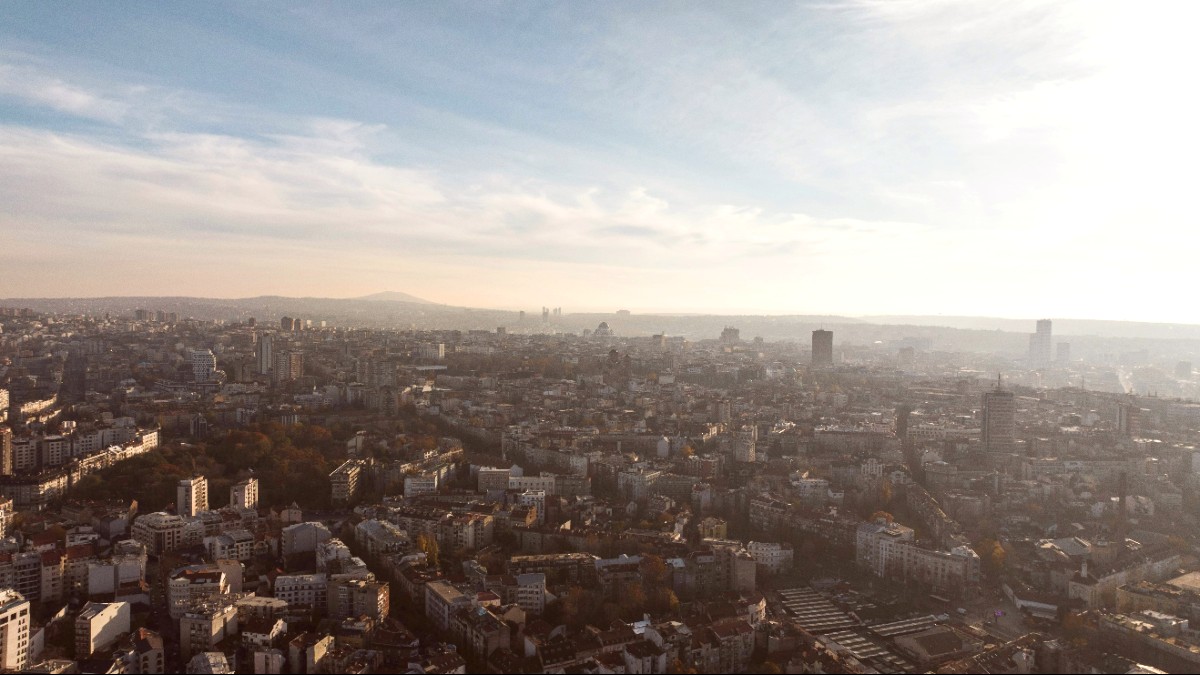
Central Balkans, Bulgaria
Local SIM cards provide affordable data. Wi-Fi is widely available in Ruse's city center.
Bulgarian uses the Cyrillic alphabet. Younger generations often speak English, but translation tools are helpful.
Learning a few basic phrases fosters positive interactions and cultural respect.
Mastering simple 'yes' and 'no' can prevent confusion, given unique head gestures.
For efficient communication, a local SIM card with data is a good option. Offline translation apps are very helpful.
Shops generally open Monday to Saturday, from 9:00 AM or 10:00 AM to 7:00 PM or 8:00 PM.
Typically open Tuesday to Saturday, from 9:00 AM or 10:00 AM to 5:00 PM or 6:00 PM. Many museums close Mondays.
Lunch service is usually 12:00 PM to 2:00 PM. Dinner begins 6:00 PM, continuing until 10:00 PM or 11:00 PM.
Banks operate Monday to Friday. ATMs are widely available throughout Ruse for cash access.
Public holidays bring closures. Some activities are seasonal.
Always check specific opening hours for museums and attractions, especially around public holidays.
Familiarity with local customs enhances your experience and interactions in Ruse.
A handshake is common for introductions. Head gestures differ from Western norms.
Photographing public spaces is generally fine. Always seek permission before photographing individuals.
Casual dress is generally acceptable. Modest attire is appreciated at religious sites.
Certain topics are best avoided unless initiated by locals and in a comfortable context.
Observe local behavior and try to follow their lead for harmonious interactions.
Accessibility for travelers with mobility challenges is a developing area in Ruse.
Ruse's older architecture and city center areas can present certain difficulties for mobility.
Navigating Ruse's public transport can be challenging. Some central areas are more manageable.
Specialized services for visual or hearing impairments are limited in Ruse.
Detailed accessibility information may be limited online. Direct inquiries are often beneficial.
Handshakes are common. Head gestures for 'yes' and 'no' are opposite to Western norms.
Generally casual, but modest dress is respectful for religious sites.
Ask permission before taking photos of individuals, especially children.
Pre-trip research and communication with accommodation providers or tour operators are recommended for specific accessibility needs.